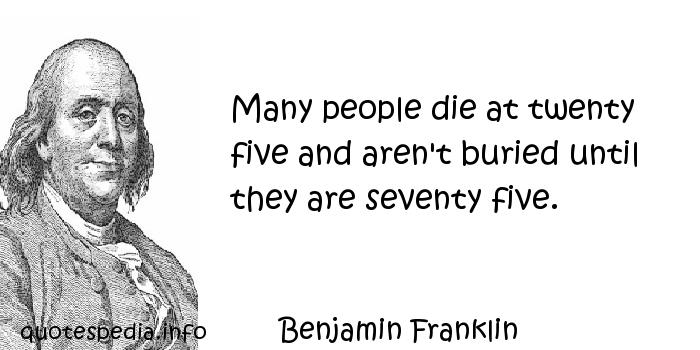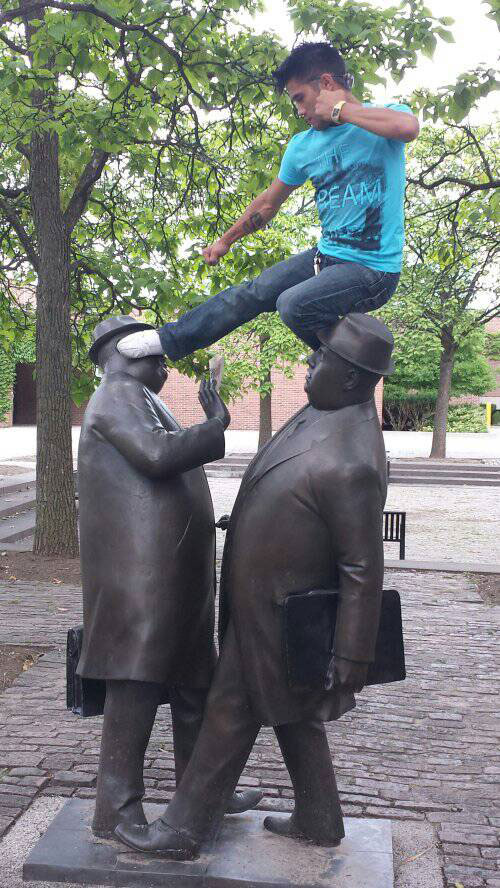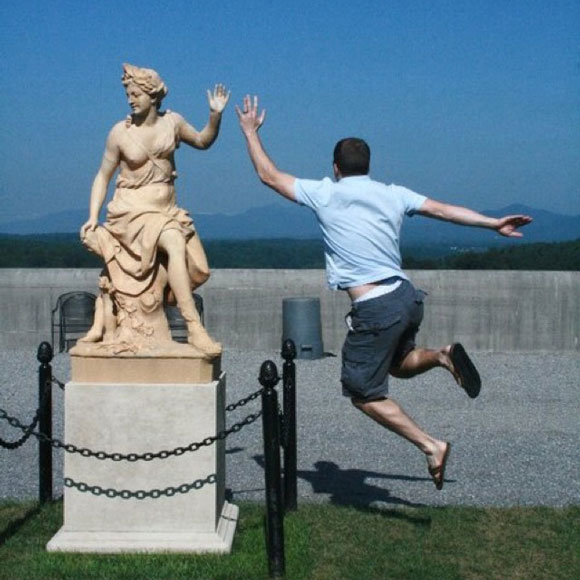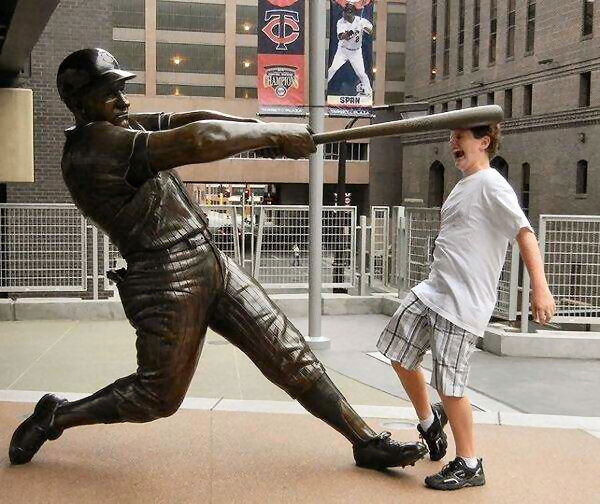Quotes have a powerful way of conveying an attitude to you which sometimes resonates so much that you feel ‘chills’ inside. Here’s a list of the quotes which have given me the most of these “chills”.
Some people die at 25 and aren’t buried until 75. ~ Benjamin Franklin
Most people are other people. Their thoughts are someone else’s opinions. Their lives a mimicry. Their passions a quotation. ~ Oscar Wilde
Two possibilities exist: Either we are alone in the universe or we are not. Both are equally terrifying. ~ Arthur C. Clark
Great spirits have often encountered violent opposition from mediocre minds. ~ Albert Einstein
Of all sad words of mouth or pen, the saddest are these: it might have been. ~ John Greenleaf Whittier
I fear not the man who has practiced 10,000 kicks, but I do fear the man who has practised one kick 10,000 times. ~ Bruce Lee
And when you gaze long enough into the abyss, the abyss will gaze back into you. ~ Friedrich Nietzsche
Don’t let schooling interfere with your education. ~ Mark Twain
A man may die, nations may rise and fall, but an idea lives on. ~ John F. Kennedy
It is no measure of health to be well~ adjusted to a profoundly sick society. ~ Jiddu Krisnamurti
Every man dies, but not every man truly lives. ~ William Wallace
Be kind, for everyone you meet is fighting a hard battle. ~ Plato
Some cause happiness wherever they go, others whenever they go. ~ Oscar Wilde
Have I not destroyed my enemy when I have made him into my friend? ~ Abraham Lincoln
To love is to recognize yourself in another. ~ Eckhart Tolle
Prejudices are rarely overcome by argument; not being founded in reason they cannot be destroyed by logic. ~ Tryon Edwards
If you want to build a ship, don’t drum up the men to gather wood, divide the work and give orders. Instead, teach them to yearn for the vast and endless sea. ~ Antoine de Saint~ Exupery
They that can give up essential liberty to obtain a little temporary safety deserve neither liberty nor safety. ~ Benjamin Franklin
Only when the last tree has died and the last river has been poisoned and the last fish been caught will we realize we cannot eat money. ~ Indian Proverb
And forget not that the earth delights to feel your bare feet and the winds long to play with your hair. ~ Kahlil Gibran
Try as much as possible to be wholly alive, with all your might, and when you laugh, laugh like hell and when you get angry, get good and angry. Try to be alive. You will be dead soon enough. ~ William Saroyan
When I was 5 years old, my mother always told me that happiness was the key to life. When I went to school, they asked me what I wanted to be when I grew up. I wrote down ‘happy’. They told me I didn’t understand the assignment, and I told them they didn’t understand life. ~ John Lennon
Everybody is a genius. But if you judge a fish by its ability to climb a tree, it will live its whole life believing that it is stupid. ~ Albert Einstein
As human beings, our greatness lies not so much in being able to remake the world – that is the myth of the atomic age – as in being able to remake ourselves. ~ Mahatma Gandhi
The best people possess a feeling for beauty, the courage to take risks, the discipline to tell the truth, the capacity for sacrifice. Ironically, their virtues make them vulnerable; they are often wounded, sometimes destroyed. ~ Ernest Hemingway
In a closed society where everybody’s guilty, the only crime is getting caught. In a world of thieves, the only final sin is stupidity. ~ Hunter S. Thompson
Every gun that is made, every warship launched, every rocket fired, signifies in the final sense a theft from those who hunger and are not fed, those who are cold and are not clothed. ~ Dwight D. Eisenhower
Do the difficult things while they are easy and do the great things while they are small. A journey of a thousand miles must begin with a single step. ~ Lao Tzu
Dalai Lama, when asked what surprised him most about humanity, said: “ Man. Because he sacrifices his health in order to make money. Then he sacrifices money to recuperate his health. And then he is so anxious about the future that he does not enjoy the present; the result being that he does not live in the present or the future; he lives as if he is never going to die, and then dies having never really lived.”
I see all this potential, and I see squandering. God damn it, an entire generation pumping gas, waiting tables; slaves with white collars. Advertising has us chasing cars and clothes, working jobs we hate so we can buy shit we don’t need. We’re the middle children of history, man. No purpose or place. We have no Great War. No Great Depression. Our Great War’s a spiritual war… our Great Depression is our lives. We’ve all been raised on television to believe that one day we’d all be millionaires, and movie gods, and rock stars. But we won’t. And we’re slowly learning that fact. And we’re very, very pissed off ~ Chuck Palahniuk
The most dangerous man, to any government, is the man who is able to think things out for himself, without regard to the prevailing superstitions and taboos. Almost invariably he comes to the conclusion that the government he lives under is dishonest, insane and intolerable, and so, if he is romantic, he tries to change it. And if he is not romantic personally, he is apt to spread discontent among those who are. ~ HL Mencken














